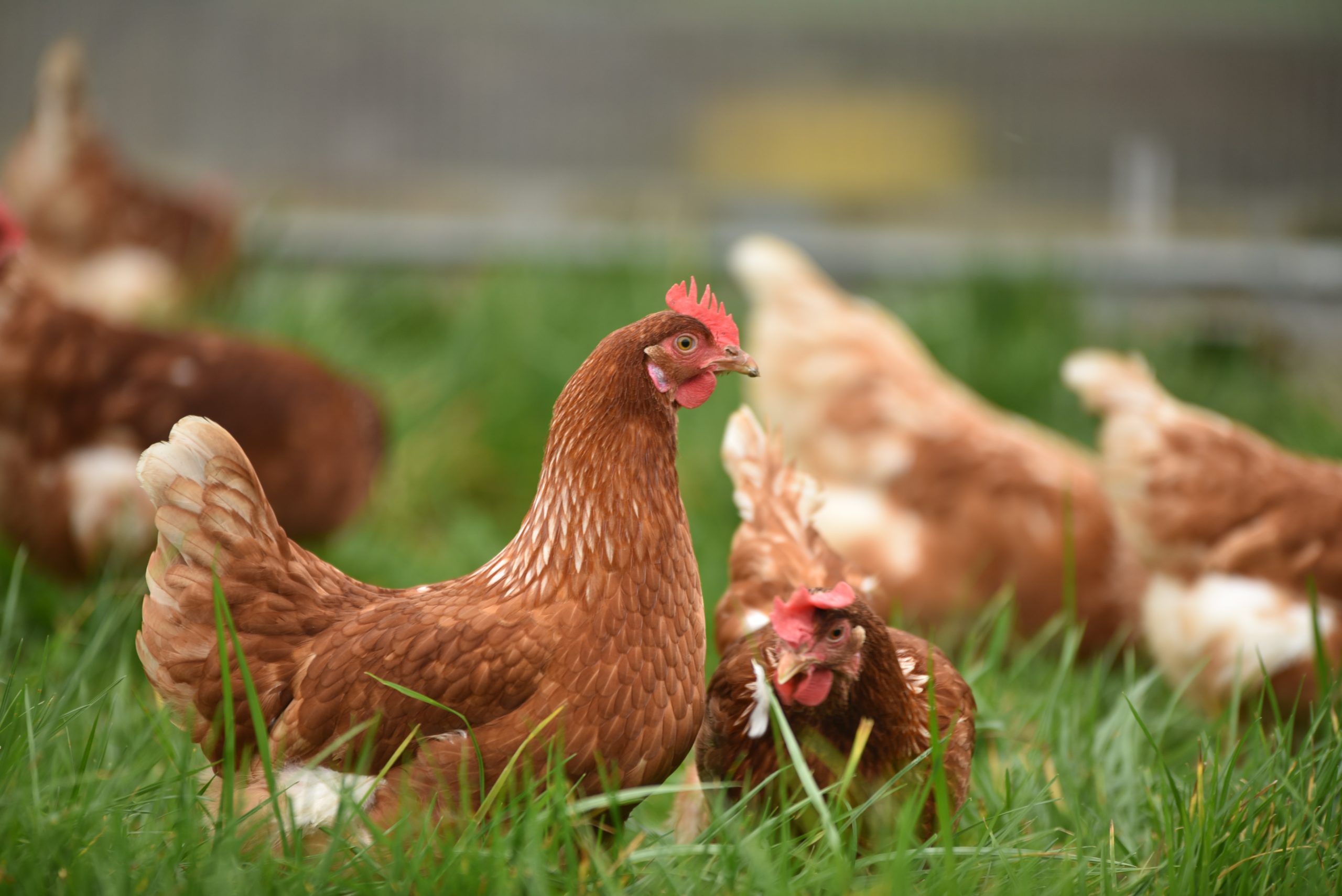Chicken tikka masala or fried nuggets would have our ancestors turning in their graves, according to new research. A team from the University of Exeter has discovered that our ancestors didn’t eat chicken. In fact, Iron Age Europeans actually revered the humble bird, almost as a deity — rather than a delicacy.
Their new study finds men were buried with cockerels when they died, while women were laid to rest with hens. The international team may be rewriting the history of the world’s most popular meat, finding the chicken’s legacy is much more complicated than previously believed.
“Eating chickens is so common that people think we have never not eaten them. Our evidence shows that our past relationship with chickens was far more complex, and that for centuries chickens were celebrated and venerated,” says co-author Professor Naomi Sykes in a university release.
The findings are based on chicken remains from over 600 sites in 89 countries, ranging from Morocco to Greece and South America, to Stonehenge and Orkney. Bones, locations, and historical records provided new insights into now local societies and cultures regarded the chicken.
How did the chicken go from pet to meal?
Today, it’s the ubiquitous food. A generation of Brits consider chicken tikka masala is the national dish. In China, Kentucky Fried Chicken holds similar levels of popularity. However, the bird’s domestication was tens of thousands of years in the making — spawning from dry rice farming in China.
“This comprehensive re-evaluation of chickens firstly demonstrates how wrong our understanding of the time and place of chicken domestication was. And even more excitingly, we show how the arrival of dry rice agriculture acted as a catalyst for both the chicken domestication process and its global dispersal,” says co-author Prof. Greger Larson of Oxford University.
Related: Local Farmers Planting Wildflowers for Summer Fun
During the Iron Age, researchers found people buried unbutchered chickens either alone or with humans. Eventually, the Roman Empire helped to popularize chickens and eggs as food. In Britain, chickens were not regularly consumed until the third century AD – mostly in urban and military sites.
Radiocarbon dating established the age of 23 of the proposed earliest chickens found in western Eurasia and north-west Africa. Most of the bones were far more recent than previously thought, dispelling claims of chickens in Europe before the first millennium BC.
The findings indicate that they did not arrive in the Mediterranean region until around 800 BC. It took almost 1,000 years longer for them to become established in the colder climates of Scotland, Ireland, Scandinavia, and Iceland.
“This is the first time that radiocarbon dating has been used on this scale to determine the significance of chickens in early societies. Our results demonstrate the need to directly date proposed early specimens, as this allows us the clearest picture yet of our early interactions with chickens,” says co-author Dr. Julia Best of Cardiff University.
Chickens don’t date back as far as we once thought
The team found the oldest bones of a definite domestic chicken at a Stone Age site in Thailand — dating back to between 1650 and 1250 BC. It transforms our understanding of chickens, their spread across Asia into the west, and the changing way in which societies perceived them over the past 3,500 years.
Rice farming started a process that led to chickens becoming one of the planet’s most numerous animals. Chickens were initially regarded as “exotica,” and only several centuries later did they become a source of food. Earlier scientific efforts have claimed chickens were domesticated up to 10,000 years ago in China, Southeast Asia, or India, and were present in Europe over 7,000 years ago.
Now, the most complete analyses to date show this is wrong, and the driving force was the arrival of dry rice farming. It acted as a magnet by drawing their wild ancestor, the red jungle fowl, down from the trees — kickstarting a closer relationship with people and the eventual evolution of the chicken.
Related: Could Florida Tea Be the Next Big Thing?
The phenomenon was underway by around 1500 BC in the Southeast Asia peninsula. Chickens were then transported across the continent and into the Mediterranean. They were taken along the same routes used by early Greek, Etruscan, and Phoenician maritime traders.
“With their overall highly adaptable but essentially cereal-based diet, sea routes played a particularly important role in the spread of chickens to Asia, Oceania, Africa and Europe,” explains co-author Prof. Joris Peters of Ludwig Maximilian University of Munich. Today, chickens are exported around the world.
History took a ‘startling’ turn for the chicken
The species is now established across a broad range of ecosystems and societies, providing humans with increasing quantities of both meat and eggs. It’s easy to assume chickens were domesticated primarily as a food source. However, there’s little evidence to support this hypothesis. Despite its global economic and cultural significance, the early history of the chicken was a mystery – until now.
“The fact that chickens are so ubiquitous and popular today, and yet were domesticated relatively recently is startling. Our research highlights the importance of robust osteological comparisons, secure stratigraphic dating and placing early finds within their broader cultural and environmental context,” says co-author Dr. Ophélie Lebrasseur of Paul Sabatier University.
The findings appear in the journal Antiquity and The Proceedings of the National Academy of Sciences.
“These studies show the value of museums and the importance of archaeological materials to reveal our past,” co-author Prof. Mark Maltby from Bournemouth University concludes.
This story is attributed to Study Finds.
More on Modern Globe
- Stellar in Jacksonville Celebrates 40 Years of Innovation and Community Impact
- Report Finds Over 10% of Young People in Pinellas Not Employed — But There’s a Solution
- March Job Fair to Connect Employers and Veterans in the Tampa Bay Area
- Move Over, Gyms and Pools: Renters Want Pet Areas and Happy Hour
- Climate First Bank Reduces Solar Loan Rates for Increased Access to Sustainable Living




























